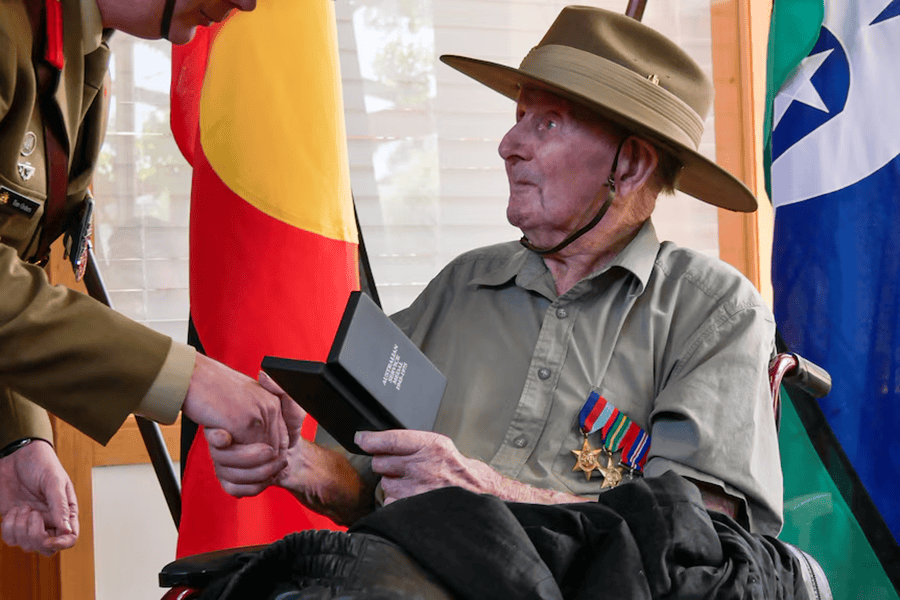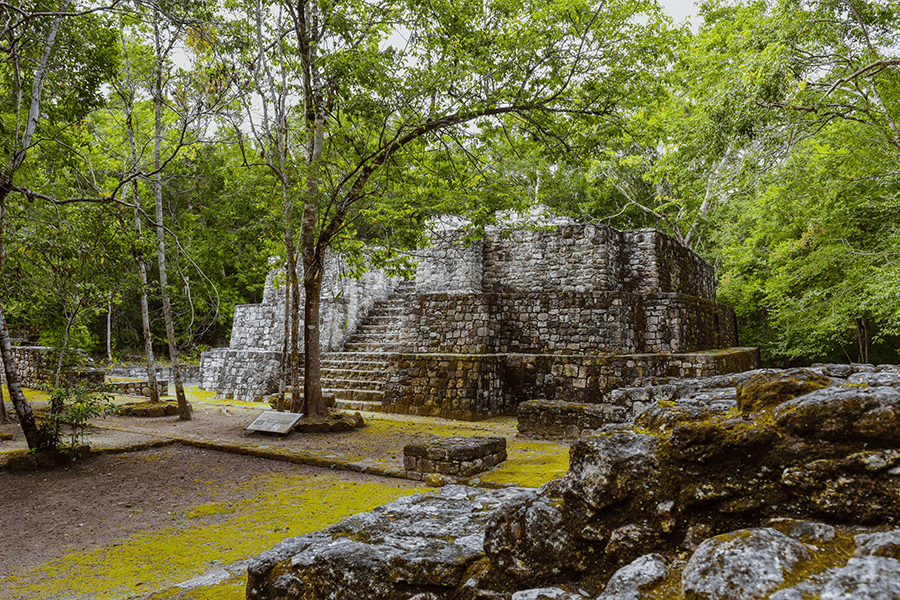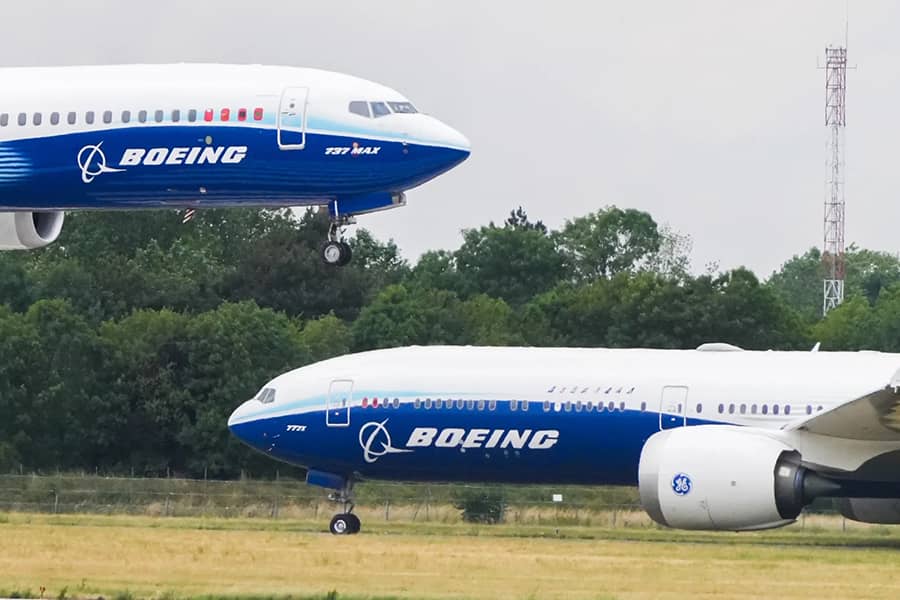Glenn Dobie, a 99-year-old veteran of World War II, has finally been awarded the complete set of military medals he earned during the war, nearly eight decades after the conflict ended.

Introduction: Honoring Glenn Dobie’s Legacy
Glenn Dobie’s story is not just a testament to individual bravery; it symbolizes the collective memory of a generation that endured the trials of World War II. For nearly eight decades, Dobie’s journey remained unrecognized in some aspects, drawing attention to the often-overlooked experiences of veterans whose sacrifices fade into the backdrop of history. His recent award of military medals serves as a poignant reminder that honoring these contributions is long overdue—not merely as an act of recognition but as a commitment to also learn from their endurance and resilience.
This momentous occasion invites us to reflect on how societies honor their heroes—or fail to do so—in both grand gestures and subtle reminders. Each medal awarded carries with it tales of hardship, camaraderie, and hope that resonate deeply in our collective consciousness. By celebrating Glenn’s legacy today, we are not only acknowledging his courage but reaffirming our responsibility to remember all veterans who fought for freedom and peace, ensuring their stories remain woven into the fabric of our national narrative for generations to come.
Early Life and Military Enlistment
Glenn Dobie’s early life in a small Midwestern town laid the foundation for the resilience and determination that would define his service during World War II. Raised amidst the values of hard work and community, he learned the importance of duty from an early age, as many families were touched by the war’s call. At just 18, drawn by an unyielding sense of patriotism and adventure, he enlisted in a time when young men saw military service not only as a rite of passage but also as a noble sacrifice for freedom.
His enlistment was more than just joining the ranks; it was a transformative experience that catapulted him from rural life to training camps and battlefields far removed from home. Among peers who shared his fervor, Glenn forged enduring friendships that transcended their immediate circumstances—bonds formed under harrowing conditions often tested by fear and camaraderie. Each marching drill, each grueling day on foreign soil honed his resolve, solidifying a legacy that would echo well beyond wartime accomplishments. As Glenn stands proud today with medals finally awarded, those early experiences resonate profoundly—not only memorializing his courage but highlighting an entire generation’s sacrifice woven into America’s tapestry of history.
Service in World War II: A Brief Overview
Service in World War II not only defined nations but also transformed lives on an extraordinary scale. For countless individuals like Glenn Dobie, the war represented a rite of passage into adulthood amidst chaos and uncertainty. The contributions of soldiers were not solely measured by battles fought or territories gained; rather, it was their resilience and camaraderie that forged a lasting legacy, echoing through generations. Each medal bestowed—like those finally earned by Dobie—carries stories of sacrifice, courage, and often unrecognized valor.
Moreover, the aftermath of service for veterans like Dobie reveals the long shadows cast by both trauma and triumph. The road to recognition can be an arduous journey; many servicemen returned to civilian life with unaddressed wounds – both visible and invisible. Acknowledging their sacrifices decades later serves as a powerful reminder that history is not merely about dates and events but about people whose experiences shaped the world anew. As we honor veterans such as Glenn Dobie today, we must remember that their identities are interwoven with the fabric of collective memory—a fabric rich in lessons about duty, humility, and hope for future generations.
The Journey of Missing Medals
The journey of Glenn Dobie’s missing medals is a poignant reminder of the challenges faced by veterans long after their service has ended. For nearly eight decades, the absence of these medals served as both a physical and symbolic void in his life—a reflection of his sacrifice overshadowed by bureaucratic hurdles. It raises broader questions about how we honor our veterans: what happens to their stories when the recognition they deserve is lost or delayed? In Dobie’s case, each medal represents not just achievements in battle but also the immense personal sacrifices and traumas that shaped his generation.
With renewed attention on veteran affairs, Dobie’s experience illustrates the ongoing need for robust systems to track and replace lost military honors. The delay in receiving his well-earned medals highlights logistical failures within organizations tasked with commemorating bravery, calling into question how many other veterans remain unrecognized for their contributions. Moreover, this narrative opens a dialogue about societal responsibility—how can communities better acknowledge these heroes beyond formal recognitions? Ultimately, it emphasizes that while medals may symbolize valor, it is the stories behind them that truly honor those who have served.
Advocating for Veterans’ Recognition
The journey of recognizing veterans like Glenn Dobie is about more than just medals; it’s a vital acknowledgment of sacrifice and service that transcends time. Each medal symbolizes not only the bravery of individuals but also the collective grit of an entire generation that fought for freedom. Advocating for such recognition encourages society to reflect on the lessons learned from our past, reinforcing our commitment to honor those who served in intangible ways beyond ceremonies and celebrations.
Moreover, this advocacy serves as a rallying cry for communities to engage with veterans’ stories actively. It challenges us to dig deeper into individual narratives, understanding their sacrifices while fostering connections between generations. As we celebrate late recognitions like Dobie’s, we must also promote systemic changes ensuring timely awards and honors are consistently administered across all branches of service, safeguarding against future oversights. Recognizing our veterans isn’t merely about rectifying the past; it should inspire ongoing dialogue about how we can better support their needs today and tomorrow.
Community Support and Awareness Campaigns
The journey of Glenn Dobie’s recognition is emblematic of the larger issue surrounding veterans’ rights and the importance of community advocacy. In an era where information travels fast, grassroots movements have harnessed the power of social media to elevate such stories, propelling them from local obscurity to national conversations. Community support can crystallize around veterans like Dobie, revitalizing interest in their sacrifices and struggles while also bridging generational gaps.
Awareness campaigns serve not just to honor individual heroes but to shed light on systemic issues facing both past and present servicemen and women. The emotional resonance of these campaigns can mobilize volunteers, amplify voices that may have long gone unheard, and foster a sense of unity among citizens who want to give back in meaningful ways. By actively engaging with veterans’ stories, communities can create an inclusive dialogue that acknowledges their experiences while advocating for better resources and recognition—ultimately reshaping how society honors those who served.
The Medal Presentation Ceremony Details
The medal presentation ceremony, held at the local community center, brought together a diverse gathering of family, friends, and fellow veterans, all eager to honor Glenn Dobie’s remarkable journey. Attendees were visibly moved as veterans in uniform shared heartfelt anecdotes about camaraderie forged in trenches far away. Each medal was not merely an emblem of service; rather, they served as poignant reminders of sacrifices made during a tumultuous era. As the clink of metal echoed softly against the backdrop of emotional tributes, it became clear that these medals transcended their physical form—they embodied stories silent for decades.
Dignitaries from the town spoke eloquently about Glenn’s resilience and unwavering spirit throughout his life. With each medal placed around his neck—gleaming with history—the audience erupted in applause, signaling a collective acknowledgment of both valor and perseverance. As Glenn recounted moments from his youth during wartime with surprising clarity and humor, it was evident that this ceremony represented more than just recognition; it was an affirming closure for someone who had waited so long for what felt like rightful justice. The atmosphere pulsed with gratitude—a reminder that honoring our veterans is essential to understanding both our past and our humanity today.
Impact on Veterans’ Affairs Today
The long-awaited recognition of veterans like Glenn Dobie highlights a critical issue within Veterans’ Affairs today: the complexities and bureaucracy that often delay rightful honors. This situation serves as a stark reminder that countless veterans remain unacknowledged, their achievements buried under layers of administrative hurdles. As society rallies to rectify these injustices, it’s crucial to address not just the past but also the systems in place that continue to falter.
Moreover, Dobie’s story opens up discussions about how we honor our veterans and ensure they receive timely recognition. With an aging population of World War II veterans, advocates argue for streamlined processes within Veterans’ Affairs to prevent future delays in awards or benefits—echoing calls for reform across numerous areas of veteran services from health care to mental health support. By embracing transparency and efficiency, agencies can foster greater trust among those who have served and remind younger generations why honoring our military history is essential.
Finally, Glenn’s late recognition serves as a clarion call for communities nationwide to engage more actively with local veteran organizations. By fostering connections between younger citizens and aging veterans, we not only celebrate individual achievements but also weave the fabric of our collective historical narrative closer together. It is an opportunity for us all—not just policymakers—to reflect on the sacrifices made by our servicemen and women while advocating for a future where appreciation comes in real time, rather than decades later.
Reflections from Glenn Dobie and Family
As Glenn Dobie reverently held his long-overdue medals, he shared not only a sense of personal achievement but also profound reflections on life’s journey. Surrounded by family, each with their own stories shaped by his experiences, the moment became a tapestry of shared history and resilience. His granddaughter remarked how these medals symbolize much more than military service; they encapsulate lessons in perseverance and sacrifice that resonate through generations.
Dobie’s family echoed his sentiments, recognizing the weight of delayed recognition. They understood that while the accolades may belatedly adorn his chest, the true honor lay in the countless lives he touched as a father and friend throughout the decades. In recounting tales from the war—moments steeped in both camaraderie and sorrow—they found inspiration to navigate their own challenges with courage and grace. As they embraced him fiercely, it was clear that these medals were not merely decorations; they represented an enduring legacy of bravery etched deep within their family’s heart.
Conclusion: Celebrating a Veteran’s Achievements
Celebrating Glenn Dobie’s achievements transcends mere recognition of medals; it serves as a poignant reminder of the enduring legacy every veteran carries. The late awarding of these honors illuminates how systemic oversight can overshadow dedication and sacrifice. For Dobie, this moment is not just about the accolades but a fulfillment of a promise made to himself and his comrades during those harrowing years of service. In an age where we often look back at history with nostalgia, he embodies resilience, reminding us that valor is not only defined by combat but by the steadfast commitment to advocating for peace and understanding in subsequent generations.
Moreover, Glenn’s story resonates deeply in communities nationwide as they reflect on the importance of honoring veteran contributions holistically—not only through formal ceremonies but also by integrating their experiences into educational frameworks. This celebration encourages intergenerational dialogue, inspiring younger individuals to understand and appreciate the profound sacrifices made by those like Dobie. It nudges us to cherish our freedoms while fostering empathy for all who have served. In recognizing veterans such as Glenn Dobie, we are prompted not merely to celebrate past achievements but also to shape a more informed future where such heroism remains etched in our collective consciousness.




